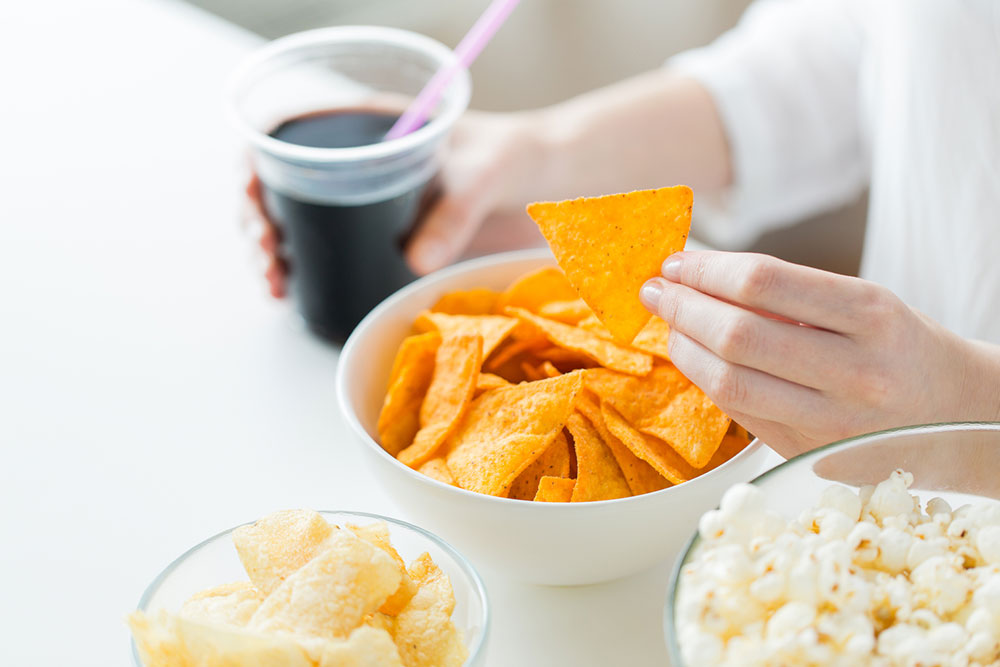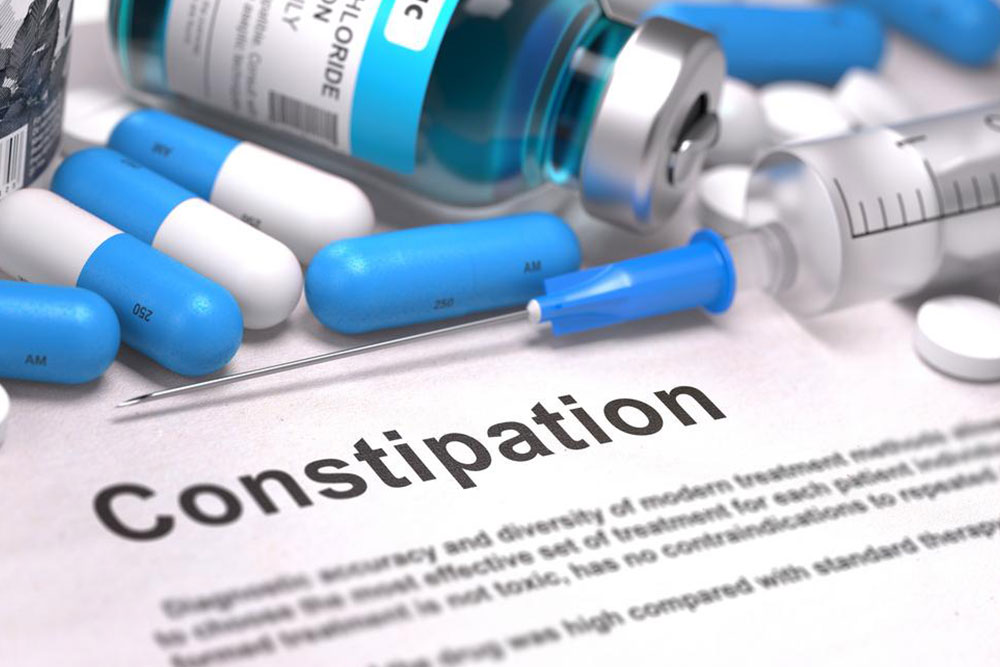Comprehensive Guide to Managing Chronic Constipation: Effective Strategies and Home Remedies
This comprehensive guide offers practical strategies and natural remedies for managing chronic constipation. It covers causes, lifestyle changes, dietary tips, and home treatments that can help alleviate discomfort and improve digestive health. Suitable for those seeking effective, holistic solutions for persistent constipation, this article emphasizes the importance of diet, hydration, exercise, and stress management in maintaining regular bowel movements and overall well-being.

Comprehensive Guide to Managing Chronic Constipation: Effective Strategies and Home Remedies
Constipation remains one of the most prevalent digestive issues confronting people worldwide, affecting a considerable portion of the population across all age groups. Its prevalence notably spikes among the elderly, with statistics indicating that up to 75% of older adults experience this condition. Despite being common, chronic constipation can significantly impair quality of life, causing discomfort, fatigue, and even subsequent health problems. In the United States alone, consumers spend over $250 million annually on various treatments to combat constipation, highlighting both the demand and the need for effective management strategies. Fortunately, understanding the causes and implementing appropriate lifestyle changes and remedies can lead to substantial relief, promoting healthier digestion and overall wellbeing.
Understanding Constipation: What Is It and Why Does It Occur?
Constipation is a digestive disorder characterized by infrequent bowel movements or difficulty passing stools. Typically, regular bowel actions range from three times daily to thrice weekly. When stool becomes dry, hard, or pellet-like, it signals constipation. The consequences of unmanaged constipation include bloating, abdominal discomfort, straining, and sometimes anal fissures or hemorrhoids. Persistent constipation, if left untreated, can sometimes escalate into more serious health issues such as bowel impaction, stool withholding behaviors, or even systemic effects like fatigue and anemia.
Understanding what causes constipation is crucial to formulating effective treatment plans. Several factors contribute to this condition including poor dietary habits, inadequate hydration, sedentary lifestyles, medication side effects, and certain diseases or psychological conditions that affect gut motility and function.
Causes and Risks of Chronic Constipation
Dietary Factors: Low fiber intake, high consumption of processed foods, and excessive consumption of dairy products can lead to harder stools and decreased bowel frequency.
Dehydration: Not drinking enough fluids reduces stool hydration, making it difficult to pass.
Lack of Exercise: Sedentary habits diminish gastrointestinal motility, contributing to constipation.
Medications: Opioids, antacids containing aluminum or calcium, and certain antidepressants can impair bowel movements.
Illnesses: Conditions like hypothyroidism, Parkinson’s disease, or diabetes may impact gut functioning.
Psychological factors: Stress, anxiety, and depression can affect gut motility through the gut-brain axis.
Effective management hinges on appropriately addressing these underlying causes through lifestyle changes, dietary modifications, and, where necessary, medical intervention.
Proven Approaches to Relieve Chronic Constipation
Managing Food Sensitivities and Digestive Conditions: For those dealing with irritable bowel syndrome (IBS) or sensitivities to fermentable oligosaccharides, disaccharides, monosaccharides, and polyols (FODMAPs), a tailored low-FODMAP diet can significantly alleviate constipation symptoms. While IBS has no definitive cure, dietary management remains the cornerstone of symptom control.
Balancing Fiber Intake: Fiber plays a vital role in maintaining healthy bowel movements. Incorporate a balance of soluble fibers (found in oats, beans, and fruits) that soften stool and insoluble fibers (from whole grains and vegetables) that add bulk. Excess insoluble fiber without adequate hydration may worsen constipation, so moderation is key.
Maintaining Adequate Hydration: Drinking sufficient water throughout the day is essential to keep stool soft and prevent impaction. Aim for at least 8-10 glasses daily, with adjustments depending on activity level and climate.
Stress Reduction and Mindfulness: The gut-brain connection implies that psychological stress can negatively impact bowel function. Practices like yoga, deep breathing, meditation, and other relaxation techniques can mitigate stress levels and promote more regular bowel habits.
Regular Physical Activity: Exercise stimulates bowel motility and ensures regular elimination. Incorporate daily routines like walking, jogging, or cycling, which are simple yet effective in supporting gut health.
Abdominal Massage Techniques: Gentle abdominal massage can promote peristalsis and aid stool movement. Seek guidance from a healthcare provider or trained therapist for proper methods tailored to individual needs.
Posture and Sitting Position: Sitting with feet slightly elevated, such as on a footstool, and maintaining an upright posture during bowel movements can facilitate easier stool passage by optimizing rectal angle and muscle relaxation.
Effective Natural Home Remedies for Constipation Relief
Natural remedies can be a gentle and effective way to manage occasional or even persistent constipation, often serving as a first line of treatment before resorting to medications. Some of the most popular and well-researched options include:
Olive Oil: Consuming a teaspoon of high-quality olive oil in the morning can promote digestive secretions and stimulate bowel movements. Combining it with lemon juice enhances its detoxifying properties.
Lemon Water: Fresh lemon juice diluted in warm water acts as a natural digestive stimulant. Drinking this every morning can help regulate bowel regularity and assist in detoxification processes.
Blackstrap Molasses: Rich in minerals such as magnesium, blackstrap molasses can act as a gentle laxative. A tablespoon mixed in warm water or tea can support routine bowel movements.
Coffee: Moderate coffee consumption, particularly caffeinated varieties, stimulates colon activity. However, excessive intake should be avoided to prevent dehydration and other adverse effects.
Physical Activity: Engaging in regular movement, including walking or light aerobic exercises, enhances GI motility and prevents stool stagnation.
Flaxseed Oil: Taking a tablespoon of flaxseed oil in the morning can be beneficial for lubrication and stool softening. Alternatively, adding ground flaxseeds to meals can also be helpful.
If symptoms persist despite these remedies, consulting a healthcare professional is crucial to rule out underlying conditions and explore further treatment options. Pharmacological interventions or specialized therapies may be necessary for stubborn cases.
Understanding and managing constipation is a process that involves dietary awareness, lifestyle adjustments, and sometimes medical support. With patience and consistency, many individuals can achieve significant improvements in bowel health and overall comfort.





